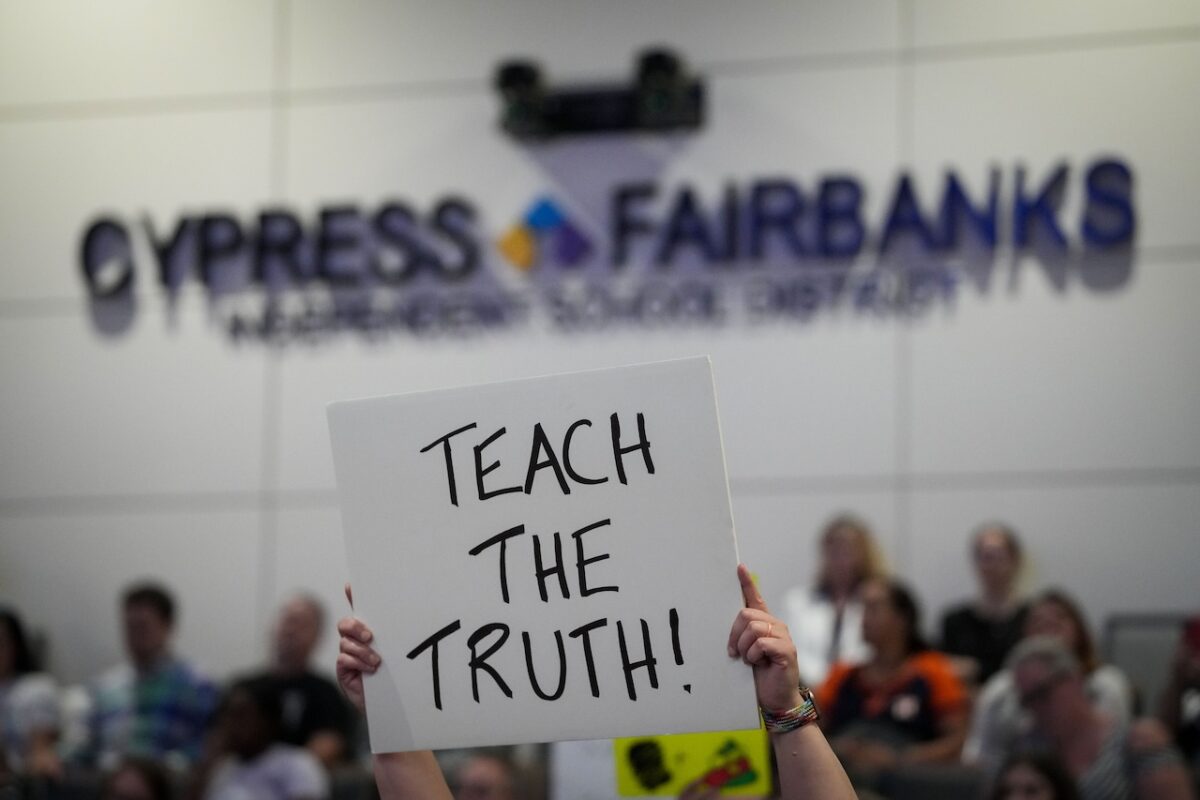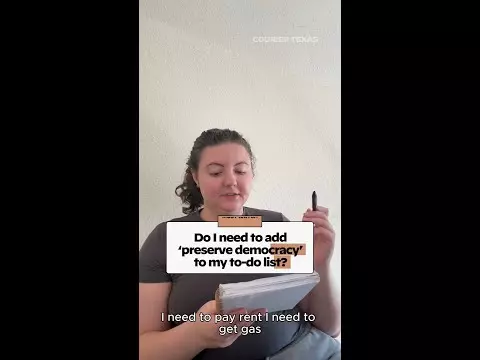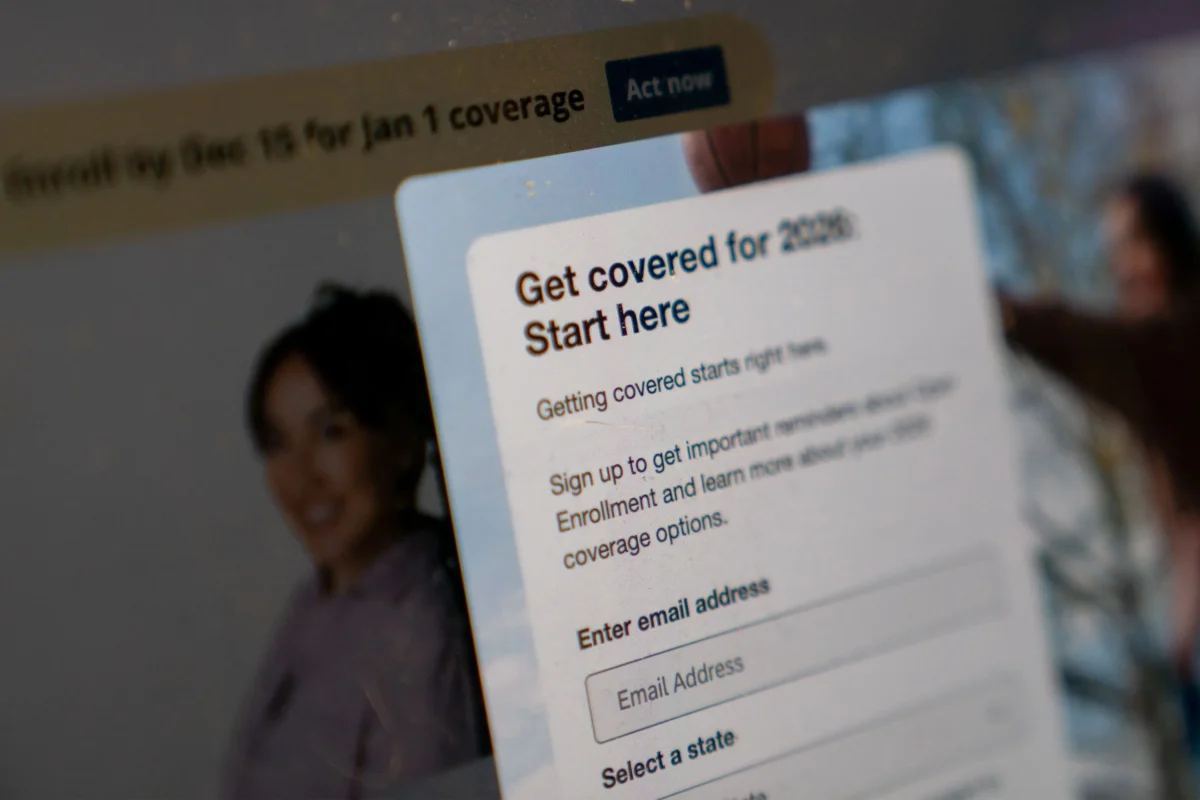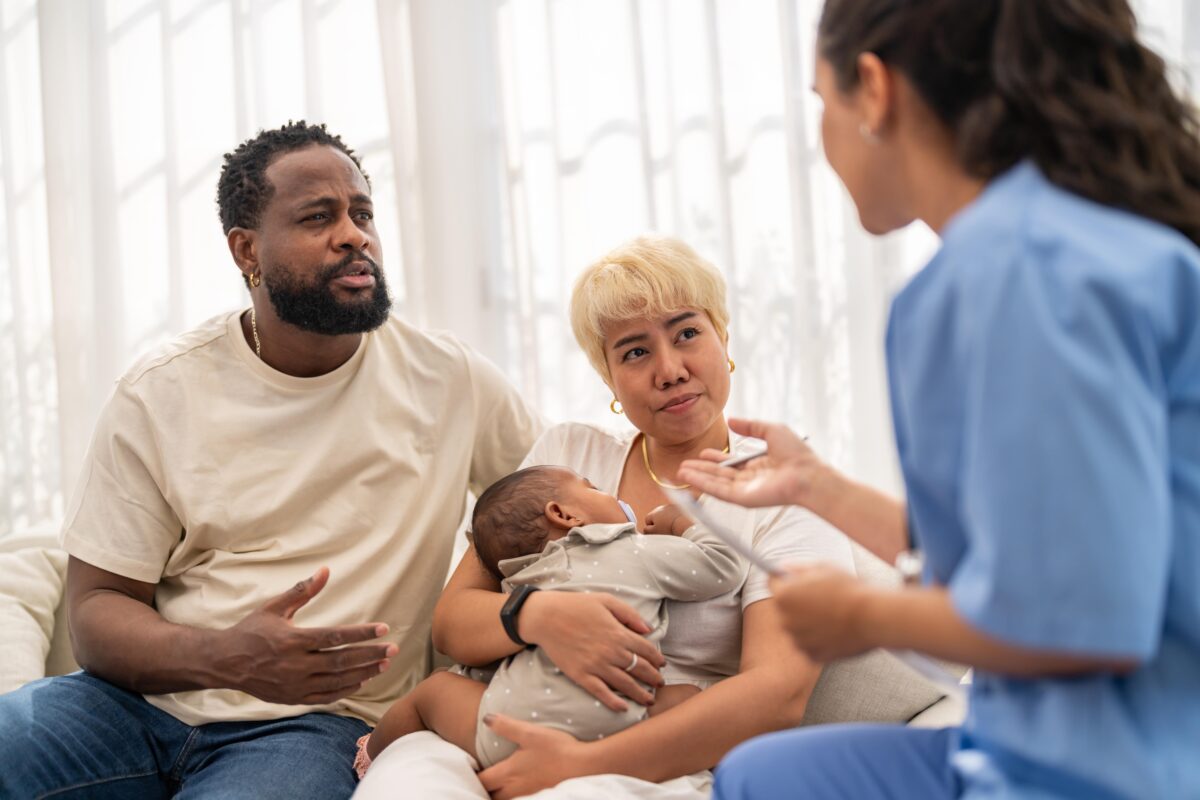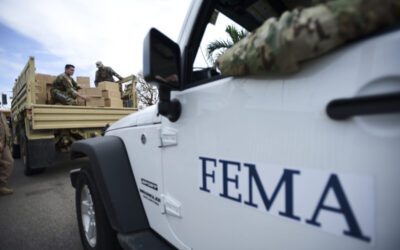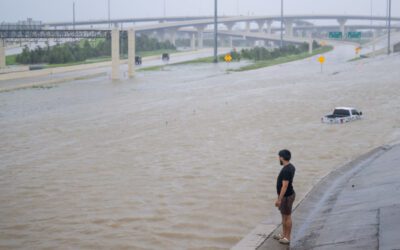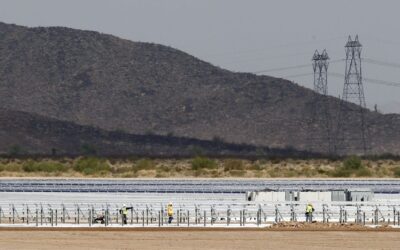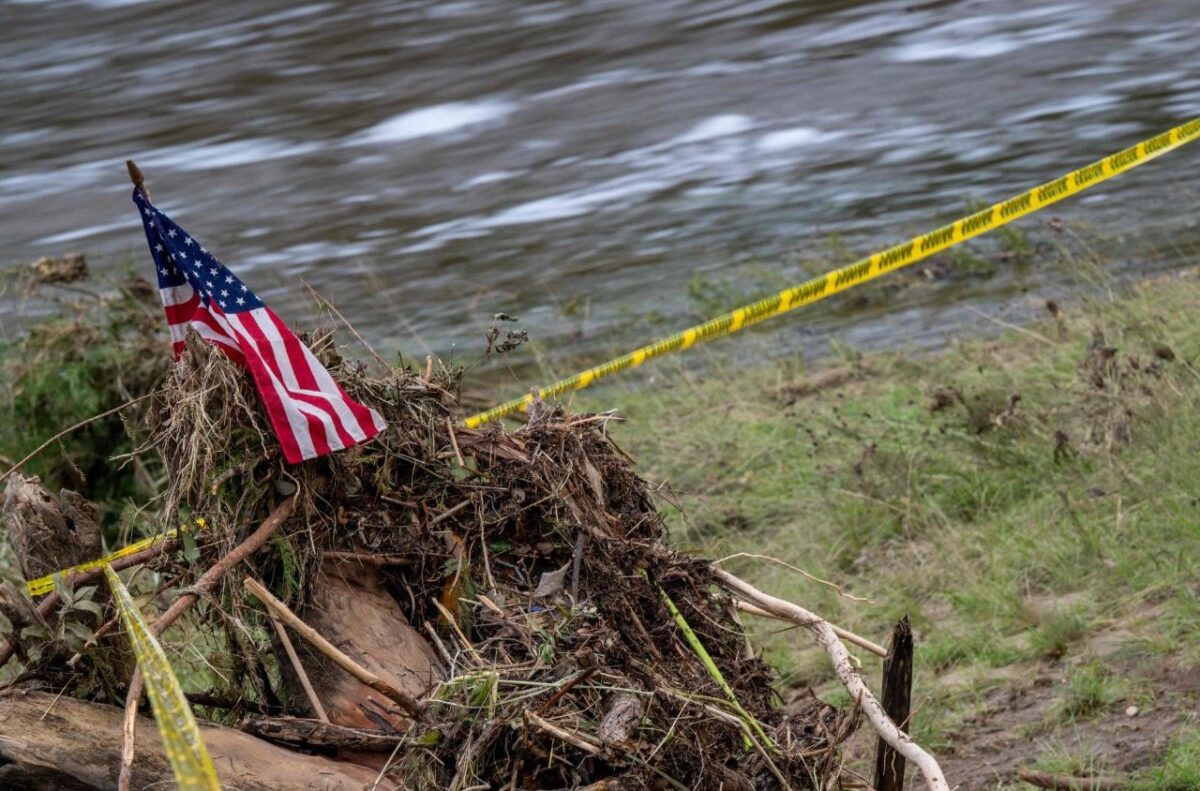
Photo Courtesy Getty Images
It’s been less than a year since Hurricane Helene tore through my hometown of Marshall, North Carolina, and took one-third of our land down the river and left the remaining soil contaminated with toxic chemicals. Entire homes and businesses were washed away. Even as I write this, many of my neighbors are still displaced with no new homes in the works, and part of our town is still rubble.
Yet, even after all of that, I still struggle to comprehend the scale of heartbreak brought by the Texas flooding.
At least one hundred people are gone—twenty-eight of them children. Dozens are still missing. Families search riverbanks for any shred of hope. A summer camp turned into a disaster zone. I can’t stop thinking about those parents—the ones still waiting for news about their daughters at Camp Mystic. My heart breaks for them. I have three kids of my own. I know what it is to hold them close, even when there’s nowhere safe left to go.
But I have found people searching for the same purpose with a group called Extreme Weather Survivors (EWS), a national network of people who’ve lived through disasters—wildfires, hurricanes, floods, heatwaves. They provide trauma-informed care, build community and connect survivors, and help people like me and like you turn pain into power. Because healing shouldn’t stop with survival. It should lead to change.
EWS believes survivors hold the clearest vision for what needs to be done. Because we live with the consequences of decisions made—or not made—every day. We know what it means to be forgotten after the cameras leave. And we know what it means to fight for recovery not just for ourselves, but for our children.
To the people of Texas: We are with you. Every parent grieving. Every child displaced. Every neighbor trying to hold it together for someone else. We see you. We carry you with us. And we promise: you are not alone.
Seeing the news out of Texas brought back the fear and grief we experienced after Hurricane Helene, when we lost our entire neighborhood, our office, and almost all sense of stability. But we didn’t lose our lives—but even that has left us with survivors’ guilt. In the early days after the storm, our region was soaked in grief. Every person we knew had been touched by loss: some lost homes, others loved ones. And while we were lucky to have a camper to live in, others had nothing left at all. We were—and still are—surrounded by trauma and uncertainty.
That is what’s been hardest on our kids. Our three-year-old, once easygoing, suddenly developed separation anxiety. He became clingy and frightened, constantly asking where my husband or I were, even if he was with one of us. He’d never been like that before. But when your whole world turns unpredictable, so do you.
My oldest daughter missed over a month of high school. The buildings weren’t just closed, they had become makeshift supply hubs for food and water. The road to her school was an hour-and-a-half round trip from where our temporary housing was. That distance added to her isolation, and like so many kids in disaster zones, she lost her sense of rhythm and routine—no classes, no friends, no extracurricular activities, no clear plan for tomorrow. That kind of disconnection leaves its own mark.
And through all of it, I tried to be the anchor. As a trauma support professional, I know how important it is to make space for grief. But as a mother, I didn’t have that luxury. I tried to create as many fleeting moments of joy as I could, even while our family was displaced—building small rituals, finding laughter in the mundane, offering my children the stability our community could no longer provide.
That’s why seeing the devastation in Kerr County—the homes washed away, the missing children, the families with no answers— is so heartbreaking. The people in those towns are not just headlines or statistics. They are parents trying to calm scared kids. They are teenagers wondering if school will ever feel normal again. They are neighbors hauling drywall out of flooded homes, all while silently carrying their grief.
And yet, too often, the trauma doesn’t stop with the storm. It’s compounded by systemic failures—like the flood warning sirens Kerr County considered but never installed, or the emergency alerts that didn’t reach everyone, or the reality that these disasters are happening more frequently. We lived through that, too. And even now, a year later, we are still waiting for answers, for help, for healing.
To the people of Texas: you are part of something bigger now. A growing, fierce, and resilient community of people who refuse to be quiet about what we’ve lost—and what we all deserve.




